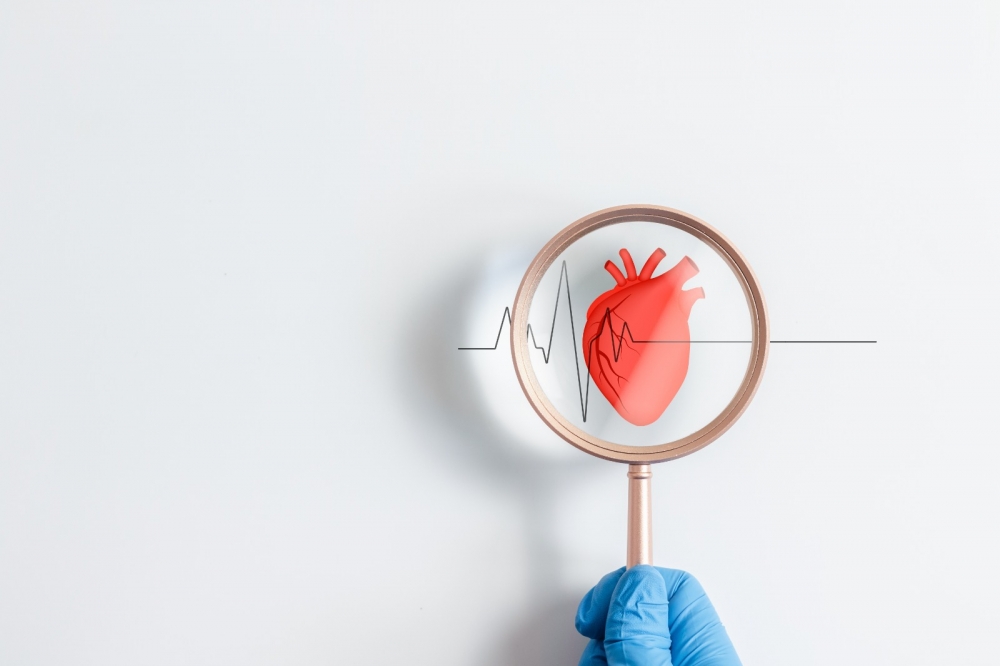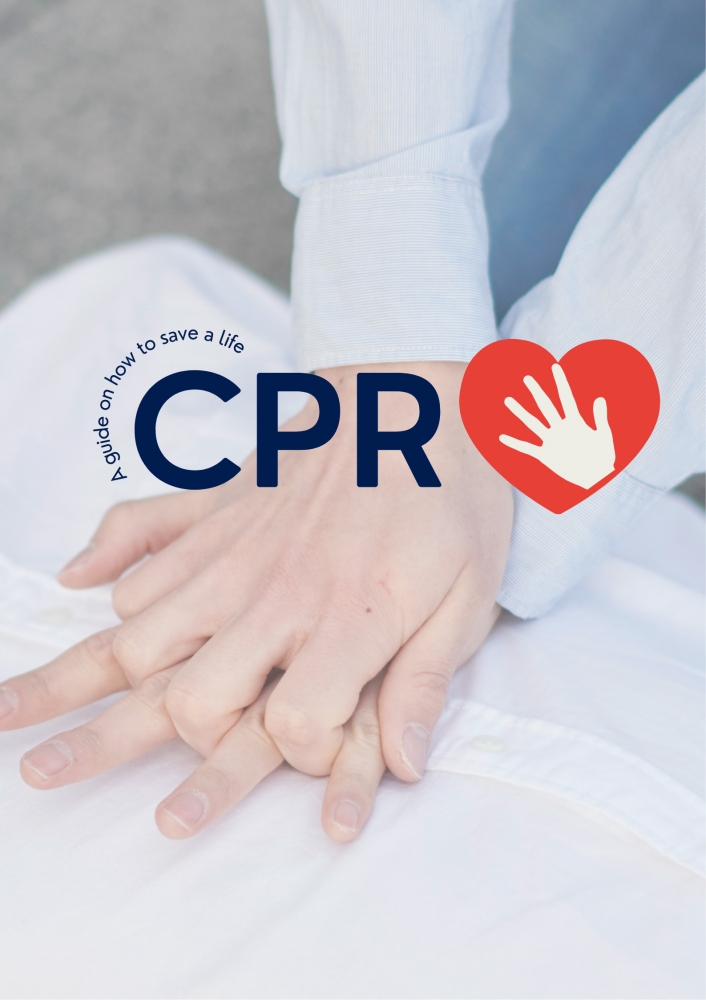Your body on birth control: Debunking the myths with a gynaecologist
Does birth control cause infertility? We break down (almost) everything you need to know about the hormonal contraceptive pill with a gynaecologist
What’s the first thing you think of when you hear the words ‘birth control’? We’re going to take a wild guess and assume that your brain automatically jumped to ‘pills’. Don’t worry, there is no prize for this word association game—we’re just using it as a segue into our topic of the day.
It’s a poorly kept secret: Sex is a huge taboo in this corner of the world. As a result, birth control remains a widely misunderstood topic in Malaysia; an unfortunate consequence of our country’s ignorance to female pleasure and sexual health.
The issue with this (beyond the misogynistic need to police female bodies) is that the reluctance to address basic sex education has directly led to our nation-wide crisis with baby-dumping and teenage pregnancy.
Here are the hard facts: The Fifth Malaysian Population and Family Survey reports that only 35.1 per cent of sexually active adolescents use contraceptives. Further, The Star reports that 1,010 cases of baby dumping were recorded from 2010 to 2019, and that 64 per cent of the babies from those cases were found dead. That alone is only a fraction of the overall issue with the sex education gap.
It’s a widespread phenomenon—if you have ever expressed an interest in birth control as a single woman, you’re likely to have been met with little more than judgement and discouragement from worried mothers and nosy elders. “The pill will make you infertile!” they cry. “The pill will kill you!”
If you read between the lines of misinformation and scaremongering, what you’ll actually hear are your elders saying, “The pill will encourage you to have sex and I don’t want you to do that!” Nevermind that you’re looking to manage your painful periods or your PCOS. Heck, even if you were looking to go on the pill for birth control, it’s better to be safe than sorry!
However, the reality is that the disuasion works. The pill, to this day, is still shrouded with misconceptions and myths. That’s why we can’t stand idly by and not talk about it: Pull up your bootstraps and get ready for some uterus talk—we’re diving deep into the world of birth control with the help of Dr Wong Yen Shi, the consultant obstetrician and gynaecologist at SMC Velocity.
Misconception #1: Birth control is only used... for birth control
Funnily enough, there are a whole array of reasons a woman might want to go on birth control. While, yes, preventing a baby is the main goal, Dr Wong explains that “hormonal birth control is used to help regulate the menstrual cycle and reduce menstrual pain, and it is also used in the treatment of many reproductive disorders such as endometriosis and polycystic ovarian syndrome.”
Misconception #2: All hormonal pills are exactly the same

While you’re right in thinking that the hormonal pills have the exact same function (to prevent pregnancy), there are actually two distinct types of pills—combined and progesterone-only.
The combined pill contains two main hormones—estrogen and progesterone. Together, these hormones inhibit ovulation and thicken the cervical mucus, which prevents sperm from entering the uterus.
The progesterone-only pill contains—you guessed it—progesterone only. Also known as the mini pill, it thickens the cervical mucus to prevent sperm from entering the uterus, but it also thins the uterine lining to prevent the implantation of an embryo. If you want to get really crazy, you can also opt for certain mini pills like desogestrel which also inhibit ovulation.
Some bodies simply don’t respond well to the combined pill but respond well to the progesterone-only pill, and vice versa. The best thing to do is to consult your doctor for the best option for you.
Misconception #3: The pill is the only form of birth control

If you’re on the pill and you’re frustrated that it’s not working with your body (the side effects can be brutal), rest assured that it isn’t your only option in terms of birth control. There are, of course, more hormonal options like the hormonal IUD, the hormonal patch, or the hormone implant, but there are also non-hormonal options to consider, such as the copper IUD.
We asked Dr Wong to break down each of the potential options, and this is what we learned:
| Hormonal Birth Control |
| Hormonal IUD (Mirena) "A T-shaped device that is inserted into the uterine cavity. It releases the hormone progestin, which thickens mucus and thins down the lining of the uterine wall to prevent sperm from passing through. It is also used for treatment of heavy menstrual bleeding, severe menstrual pains and endometrial hyperplasia (premalignant changes of the uterus)." |
| Hormonal patch "A patch that is placed on the skin and has to be changed weekly—this goes on for 3 weeks (3 patches), with a patch-free week, and then the cycle repeats monthly. Repeat this cycle monthly. It contains hormones that are similar to those found in the combined contraceptive pill (estrogen and progesterone)." |
| Hormonal injectables "It is an injectable that contains progestin and it is given either monthly or once every 3 months (depending on the brand). It suppresses ovulation and causes the thickening of the cervical mucus, preventing sperm entry." |
| Implanon "A small, thin plastic rod that contains progestin. It is inserted beneath the skin to prevent pregnancy and needs to be changed every 3 years." |
| Non-Hormonal Birth Control |
| Non-hormonal intrauterine device Also known as the Copper IUD |
| Barrier methods Such as male or female condoms or the diaphragm |
| Breastfeeding NOTE: This is only effective in the first 6 months postpartum, and the baby has to be exclusively breastfed |
| Sterilisation Via vasectomy, tubal ligation in females, et cetera |
| Withdrawal method NOTE: It’s 96% effective when done correctly, but it is very easy to mess up |
| Natural family planning Where you skip sexual intercourse during the fertile period NOTE: This method solely relies on you ladies knowing your body well, so it is definitely not foolproof |
| Spermicide NOTE: This method is only 70 to 80 per cent effective when used on its own, so it is best to use it in conjunction with condoms or a diaphragm |
Ultimately, the type of contraception you end up using depends entirely on your body’s individual needs—it’s best to talk through your options with your doctor and try a few to see what works for you.
Misconception #4: The birth control pill causes infertility
This is the most common misconception, and it’s always mothers and aunties perpetuating the myth to dissuade you from going on the pill. Fortunately, this claim is completely baseless—the pill has been around since the 1950’s, and there is no evidence to suggest that it may cause infertility in the long-run. In fact, while we’re on the topic of pregnancy issues, it’s worth mentioning that the pill doesn’t cause birth defects, either.
Misconception #5: The birth control pill will give you blood clots and/or cancer
While it is true that the contraceptive pill can increase your risk of developing breast cancer, cervical cancer, or thrombosis, the risk is low. In fact, though it may slightly increase risk of breast cancer just slightly, the pill also reduces the risk of endometrial and ovarian cancers.
That said, the pill doesn’t come without its side effects, just like any other medication. According to Dr Wong, the side effects of hormonal birth control include “headache, weight gain, skin changes, breast swelling, mood swings, irregular menses or spotting”. Further, it “has been shown to deplete the levels of folic acid, vitamin B, vitamin C, vitamin E, magnesium, and zinc, so counselling is important to determine if the benefits outweigh the risks”.
Bottom line: Schedule regular health checkups if you are thinking of going on the pill.
Misconception #6: The pill is all you need to have safe sex
Unfortunately, unless you are very familiar with your partner, you still need condoms to have safe sex. Why? The pill is over 99 per cent effective at preventing pregnancy, but it isn’t perfect. Plus, Dr Wong states that “barrier methods like condoms are still beneficial in the prevention of infections and sexually transmitted diseases, even if one is on other forms of hormonal contraceptives”.
While we’re on the topic of STDs, consider this your friendly reminder to get tested regularly if you’re sexually active—if not for your own peace of mind, then for the safety of your sexual partners.
Misconception #7: The pill is unhealthy because you either don’t get a ‘real period’ or your periods stop entirely
We’re going to say this once: The notion that the pill is unhealthy because it is “unnatural” is completely unfounded. This misconception is born from the (false) idea that the pill prevents the “natural” shedding of the uterus lining. Though not having a period can potentially increase the risk of uterine cancer in conditions like polycystic ovarian syndrome, we know for a fact that this does not apply to the pill.
As mentioned, the pill actually decreases your risk of endometrial cancer, thanks to the mechanisms by which the pills (combined and progesterone-only) work. At this point, we know that the progesterone-only pill prevents the lining of the uterus from thickening in the first place, which is why up to 50 per cent of women on this type of pill stop having periods altogether. Think of it this way—if there is no lining to shed, there cannot be a period.
With the combined pill, the estrogen in the pill causes the uterine lining to thicken. However, once you take your 7-day break, the “sudden cessation of both progesterone and estrogen causes the lining to shed, which results in your withdrawal bleed”. Dr Wong asserts that is not associated with your ovulatory cycle, but it still allows you to slough your endometrial cells as you would during a “regular” period. An added benefit is that it often results in a lighter period, which is why it is used to treat conditions like endometriosis.
Misconception #8: The pill makes you gain weight
This is definitely a common worry of women who are looking to go on the contraceptive pill, and it actually does have some basis, though it isn’t what you think. Dr Wong explains that the pill may possibly cause more fluid retention in your body, which could result in weight gain.
However, fluid retention does not equal weight gain, and there is no evidence to suggest that the combined pill actually makes you gain weight. That said, there hasn’t been a huge amount of research into the topic, so stay tuned for any developments.
Misconception #9: If you miss a pill, you just have to “double-up” and it’s all sorted
First of all: Don’t miss your pills. Set a reminder on your phone, train your cat to ask for treats at the same time every day—whatever you do, don’t miss a pill.
That said, we know that you’re human and sometimes humans just forget things. So, if you’ve missed a pill (or two), don't fret—Dr Wong has some pro advice for you:
- Take the last pill missed immediately, even if it means taking two pills in a day.
- If you have missed two or more active pills, only take the last pill missed—the ones prior have to be discarded
- Then, continue the rest of the pack as per normal and use backup condoms for the next seven days
- If you have had unprotected sex in the last five days since missing your pill, consider taking emergency contraception (more on that another day)
If you’re really struggling to keep to schedule, opt for an alternative form of birth control that requires less organisation.
If you have any other questions about the pill…. go see a doctor.
This article is for education purposes only. It is not a substitute for medical advice, and you should not take this as a diagnosis.
BackSuggest to Read









